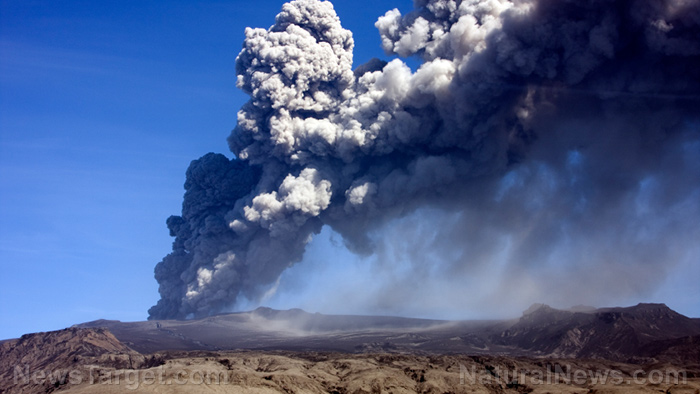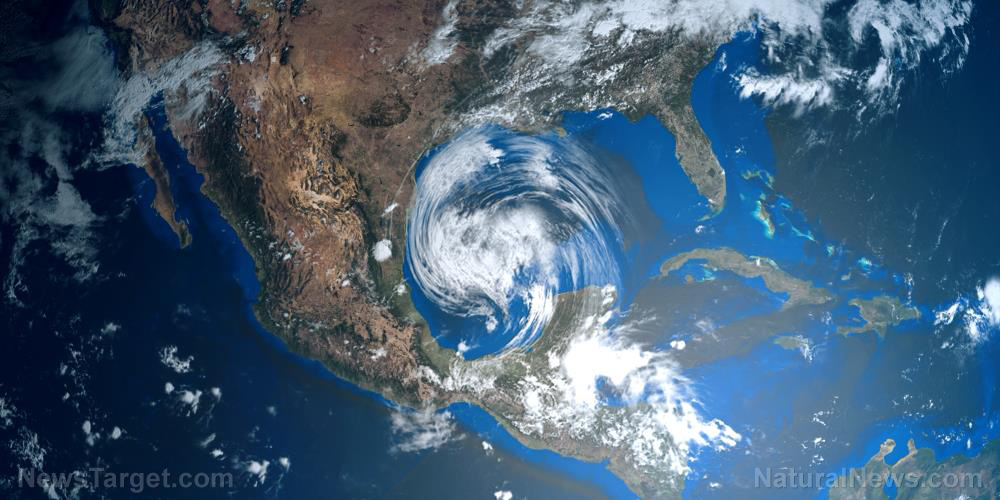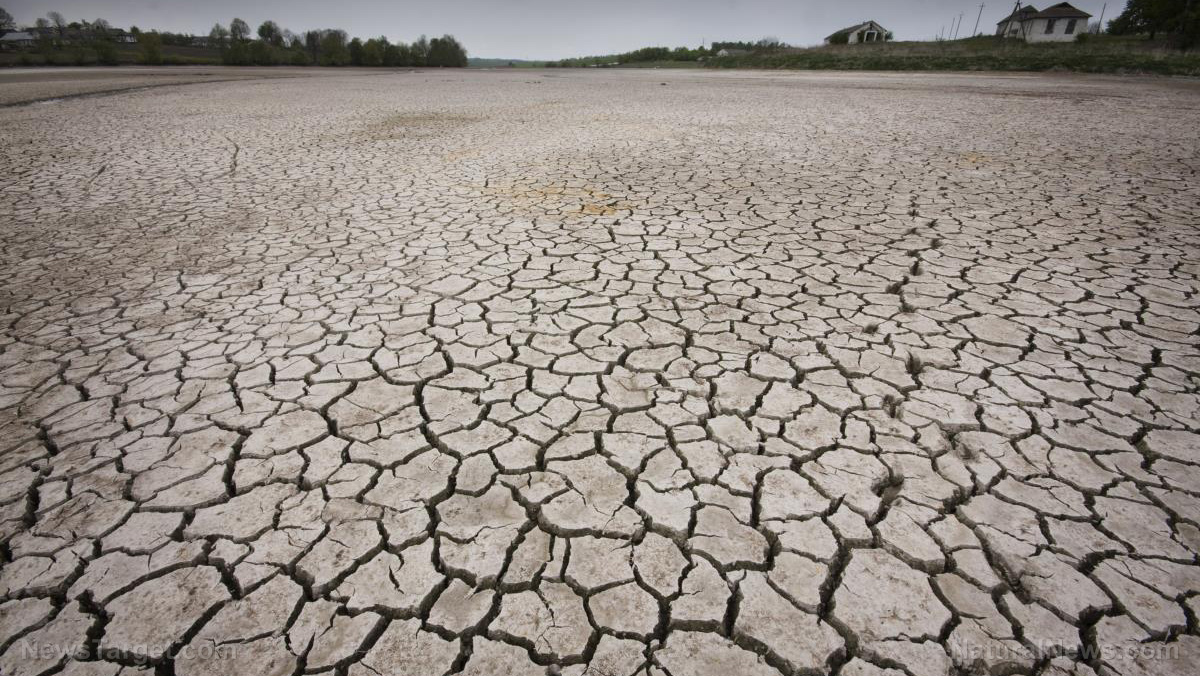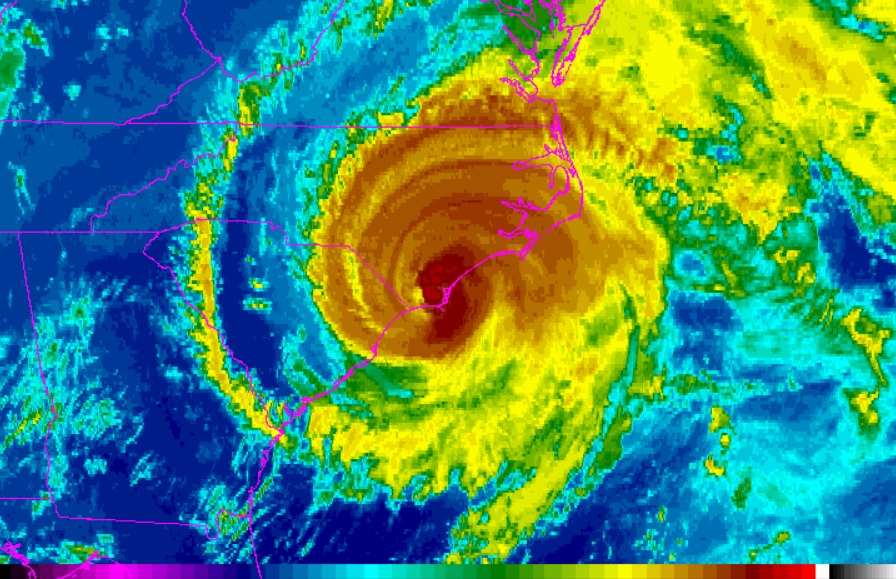Scientific evidence refutes media / politicians’ climate wildfire claims: ‘Less fire today than centuries ago’ – wildfires are NOT due to ‘climate change’ – book excerpt
09/15/2020 / By News Editors
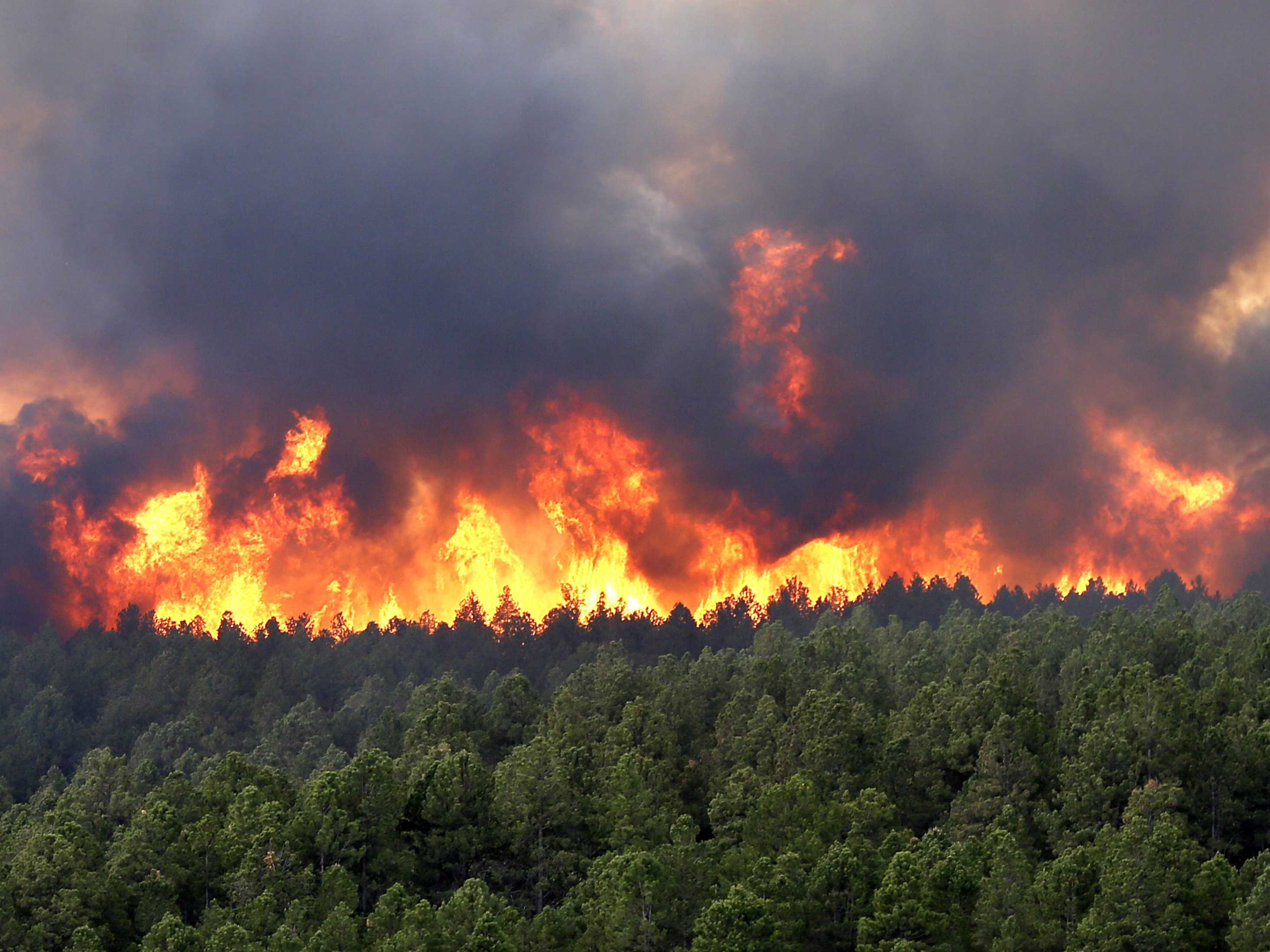
Book Excerpt: Wildfires
(Article by Marc Morano republished from ClimateDepot.com)
The mainstream media seems to be very sure that wildfires are getting worse because of man-made global warming. ABC World News Tonight warned in 2014 that “here in America, more wildfires, intense burns” have arrived courtesy of climate change. CBS This Morning featured climate fear promoter Michio Kaku, predicting “hundred-year droughts, hundred-year forest fires” and claiming that “something is very dangerously happening with the weather.”
Al Gore also thinks he knows all about wildfires. “All over the West we’re seeing these fires get much, much worse,” Gore said in 2017, adding, “the underlying cause is the heat.”
But the science tells a very different story. A 2016 study published by the Royal Society reported, “There is less fire in the global landscape today than centuries ago” and the “global area burned” has seen a “slight decline over past decades.” The study, by Stefan Doerr and Cristina Santín of Swansea University in Wales, noted that “many consider wildfire as an accelerating problem, with widely held perceptions both in the media and scientific papers of increasing fire occurrence, severity and resulting losses. However, important exceptions aside, the quantitative evidence available does not support these perceived overall trends.”
The study also found that the data for the western U.S. indicates “little change overall, and also that area burned at high severity has overall declined compared to pre-European settlement. Direct fatalities from fire and economic losses also show no clear trends over the past three decades.” The researchers concluded, “The data available to date do not support a general increase in area burned or in fire severity for many regions of the world. Indeed there is increasing evidence that there is overall less fire in the landscape today than there has been centuries ago, although the magnitude of this reduction still needs to be examined in more detail.”
According to the study, “fire is a fundamental natural ecological agent in many of our ecosystems and only a ‘problem’ where we choose to inhabit these fire-prone regions or we humans introduce it to non-fire-adapted ecosystems.
The ‘wildfire problem’ is essentially more a social than a natural one.” Researchers from the Universidad Carlos III de Madrid found that “climate change” is not to blame for increased forest fires in the Mediterranean basin. “The change in the occurrence of fires that are recorded in the historical research cannot be explained by the gradual change in climate.” The fires instead “correspond to changes in the availability of fuel, the use of sources of energy, and the continuity of the landscape.”
In the United States, wildfires are also due in part to a failure to thin forests or remove dead and diseased trees. In 2014, forestry professor David B. South of Auburn University testified to the U.S. Senate Environment and Public Works Committee that “data suggest that extremely large megafires were four-times more common before 1940,” adding that “we cannot reasonably say that anthropogenic global warming causes extremely large wildfires.”
As he explained, “To attribute this human-caused increase in fire risk to carbon dioxide emissions is simply unscientific.” The evidence is so strong that even the Los Angeles Times featured an article rebuking Governor Jerry Brown for his claims that California’s 2015 wildfires were “a real wake-up call” to reduce carbon dioxide emissions, which he claimed were “in many respects driving all of this.” The Times article noted, “But scientists who study climate change and fire behavior say their work does not show a link between this year’s wildfires and global warming, or support Brown’s assertion that fires are now unpredictable and unprecedented. There is not enough evidence, they say.”
Dominick DellaSala, chief scientist at the Geos Institute in Ashland, Oregon, has conducted research on fires in the western United States and found them declining. “If we use the historical baseline as a point in time for comparison, then we have not seen a measurable increase in the size or the severity of fires,” DellaSala said. “In fact, what we have seen is actually a deficit in forest fires compared to what early settlers were dealing with when they came through this area.”
A 2014 study found that Colorado wildfires have not become more severe since the 1900s. “The severity of recent fires is not unprecedented when we look at fire records going back before the 1900s,” said research scientist Tania Schoennagel. The study, “one of the largest of its kind ever undertaken in the western United States,” was published in the journal PLOS ONE and funded by the National Science Foundation.
Read more at: ClimateDepot.com
Tagged Under: climate change, environ, environment, global warming, mainstream media, politics, wildfire, wildfires


